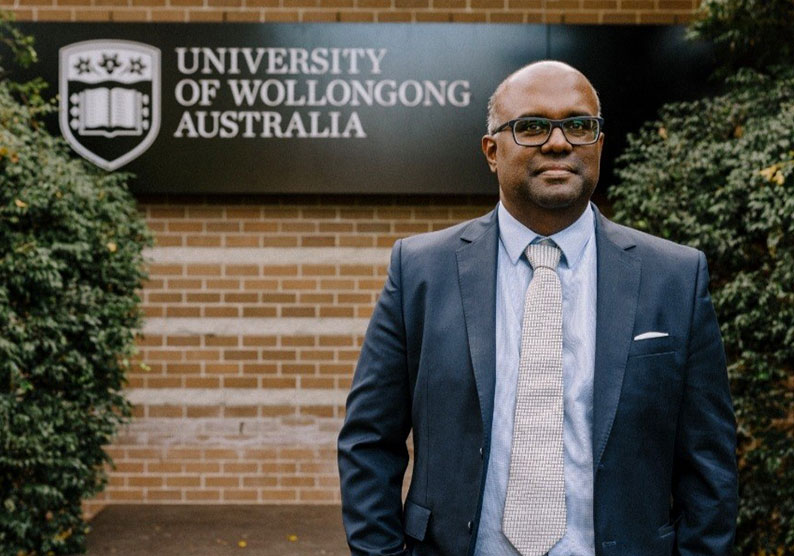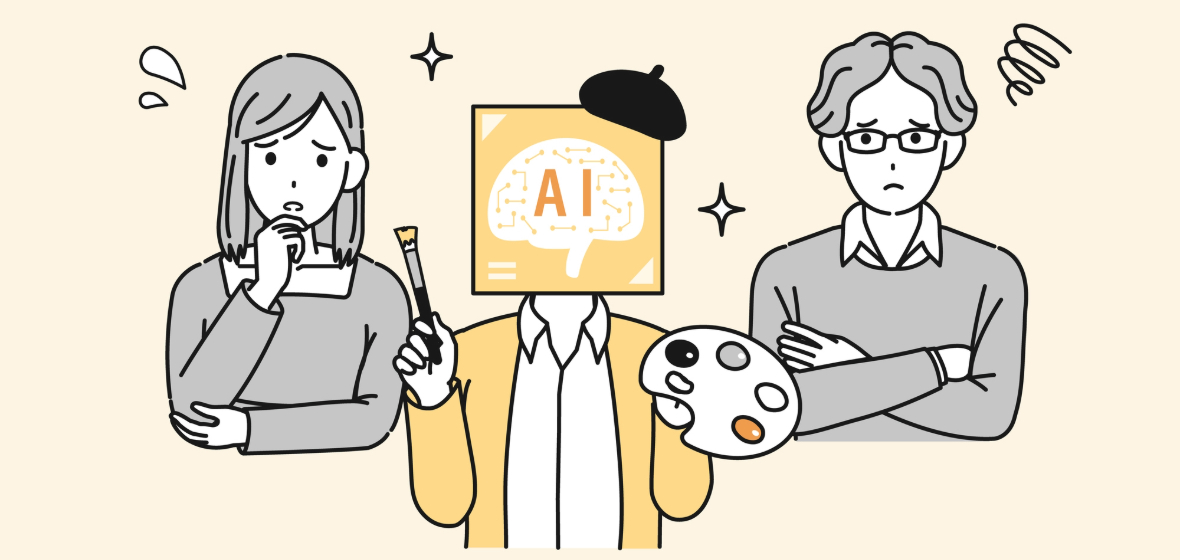The rise of artificial intelligence is posing big questions about the adequacy of Australia’s copyright regime. Many in the arts sector are concerned about the implications for their livelihood and the future of creative industries. The Productivity Commission is asking whether copyright law is a barrier to building and training AI models. So, if a text and data mining (TDM) exception was introduced, what impact would it have?
If anyone thought the Productivity Commission’s interim report Harnessing data and digital technology would pass without so much as a whimper, they were clearly mistaken. It flags the possibility of AI transforming the global economy and speeding up productivity but warns that “poorly designed regulation could stifle the adoption and development of AI and limit its benefits.”
The biggest reaction has centred on a proposal to amend the Copyright Act 1968 (Cth) to include a fair dealing exception for text and data mining. This would allow AI models to train on media such as web pages, books, videos, images and music, without seeking permission from the copyright holder. As the report acknowledges, large AI models are already being trained on copyrighted materials without consent or compensation. Our laws don’t apply to models trained overseas.
Professor Dilan Thampapillai is the Dean of Law at the University of Wollongong. “[T]he bigger issue,” he says, “is if all of this data goes into these AI systems, whether it becomes a significant, I’m going to use the term ‘replacement problem’ … for Australian authors and whether there is then by extension, a significant problem for Australian culture.”
In an opinion piece for The Guardian, author Tracey Spicer described the Productivity Commission’s report as “an absurdist text”, warning against watering down our copyright laws. “Our work is being devalued, dismissed and destroyed; our livelihoods demolished,” she wrote.
In a statement, the Arts Law Centre of Australia expressed “dismay” at the report. CEO and copyright scholar Louise Buckingham said while big tech profit margins have soared, “the arts as a sector, and artists as individual members of society and taxpayers, have been hit hard by the cost-of-living crisis and are increasingly vulnerable.”
But Thampapillai believes we need to be cautious about freezing the current legal framework in time. “If we do create a text and data mining exception, there might be a potential that we liberalise creativity and liberalise output so that a whole heap of other people who currently have ideas that are really good ideas sitting in their heads suddenly (are) able to actually see them come to life using AI tech, in a way in which they couldn’t beforehand.”

He describes himself as being “cautiously supportive” of the exception, and suggests we look to the past to consider the impact of previous technological developments. “I think we should look at the history of how the tech has evolved in relation to copyright, and I think we should keep an open mind about where we might end up but also an open mind about the fact that there probably are going to be winners and losers.”
In its report, the Productivity Commission insists the TDM exception would not be a “blank cheque,” and the legal and commercial interests of the copyright holder would be preserved. “There may be a need for legislative criteria or regulatory guidance about what types of uses are likely to be considered fair,” it says.
Approaches to text and data mining vary around the world. The Productivity Commission says a recent case in the European Union, endorsed the view that the TDM exception there applies to AI training. In the United States, AI training falls within the doctrine of fair use. And currently, the TDM exception in the United Kingdom only applies to non-commercial research.
Thampapillai says improving the quality of data going into AI systems would lead to better output, which could become less US-centric. “There’s a really small group of really big players and if we had a TDM exception, would we potentially have Australian AI companies coming up?”
“Will we have more competition in this space? That’s a possibility.”
Overall, he’s optimistic about the arts sector’s prospects. “[T]here’s always going to be demand in the Australian public for artistic content, written by human authors, written by Australian authors.” Although he does concede the technology will have an impact. “[Y]es, there might be some loss for Australian artists and writers and everything else, but their traditional markets are still going to operate and function. Those traditional markets are still underpinned by copyright and they’re robust and they’re sound. They’re not going anywhere.”
Thampapillai also believes people have a tendency to get carried away with models such as ChatGPT, while paying less attention to the capabilities of other tools. “It’s that sort of specialised techs and it’s AI that operates in particular spheres (that) is going to go to (a) higher and higher level,” he says. “We are seeing that this stuff is actually making it easier for us to work and that’s actually something that’s quite useful.”




